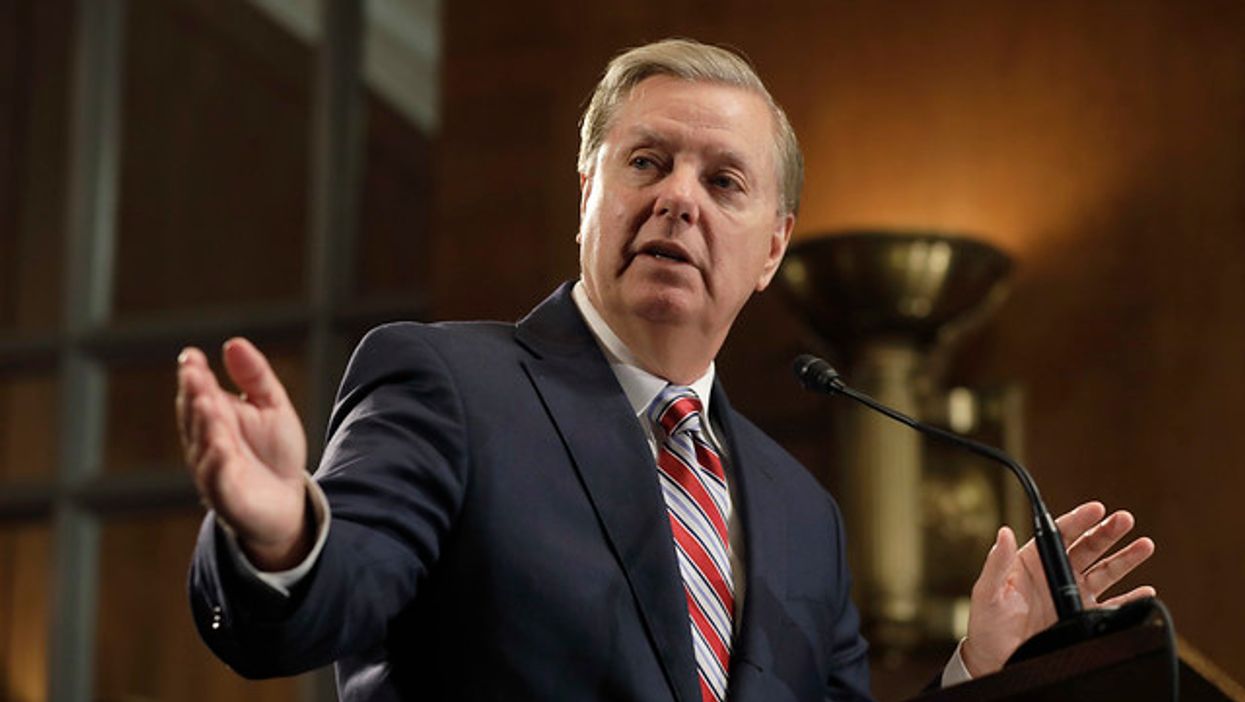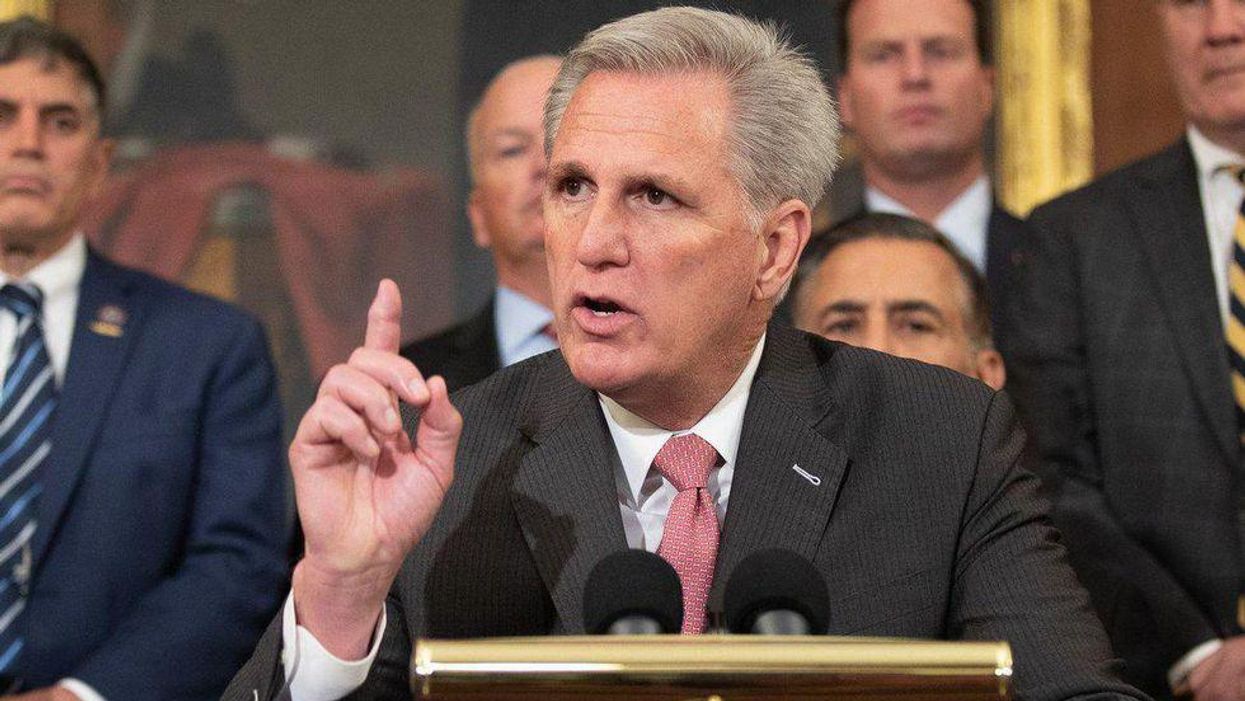Fox News Ignores Trump Bill's Threat To End Health Care For Millions
Fox News has almost entirely ignored the projection that millions of people will lose health insurance if Republicans’ spending bill passes, mentioning the estimated effects of the health insurance cuts just once since a recent Congressional Budget Office report described the consequences. The report estimated that 10.9 million people would be left uninsured due to cuts to Medicaid and changes to the Affordable Care Act.
The majority of insurance losses — 7.8 million — can be attributed to “strict work requirements and more frequent eligibility checks.” The bill is currently being deliberated in the Senate.
Fox News’ overall coverage of the bill has praised these strict work requirements, pushed misinformation on the bill’s price tag, and suggested that only the undeserving will lose health insurance. Fox News host Laura Ingraham glossed over the possibility that millions of people might lose health insurance, suggesting that those who could be kicked off Medicaid are “stay-at-home sons.” Other Fox News personalities claimed Medicaid is not meant for “able-bodied men.” Host Sean Hannity falsely claimed that the CBO projected the legislation would reduce the deficit by $2.5 trillion — while in reality the CBO estimated the bill would increase the deficit by $2.4 trillion.
Since the CBO released its report on the projected uninsured on June 4, Fox News mentioned the potential insurance crisis only 1 time, devoting less than 30 seconds of coverage to the news. The Five’s Democratic co-host Jessica Tarlov offered the only mention of the CBO’s projection about the bill’s effect on millions of Americans’ health insurance.
Methodology
Media Matters searched transcripts in the SnapStream video database for all original programming on Fox News Channel for either of the terms “Congressional Budget Office” or “CBO” or any of the terms “Trump,” “Big Beautiful Bill,” “budget,” “reconciliation,” or “tax bill” within close proximity of any of the terms “health,” “insurance,” “Affordable Care Act,” “ACA,” “Obamacare,” or “Obama care” or any variation of the term “medica” from June 4, 2025, when the Congressional Budget Office (CBO) released its estimated budgetary effects of the One, Big, Beautiful Bill Act, through noon ET June 5, 2025.
We timed segments, which we defined as instances when the CBO's estimate of the budgetary effects of the “One Big Beautiful Bill Act” with regard to health care enrollment was the stated topic of discussion or when we found significant discussion of the CBO's estimate of the bill’s effects on health care enrollment. We defined significant discussion as instances when two or more speakers in a multitopic segment discussed the CBO's estimate of the bill’s effects on health care enrollment with one another.
We also timed mentions, which we defined as instances when a speaker mentioned the CBO's estimate of the bill’s effects on health care enrollment without another speaker in the segment engaging with the comment, and teasers, which we defined as instances when the anchor or host promoted a segment about the CBO's estimate of the bill’s effects on health care enrollment scheduled to air later in the broadcast.
We rounded all times to the nearest minute.
Reprinted with permission from Media Matters.












